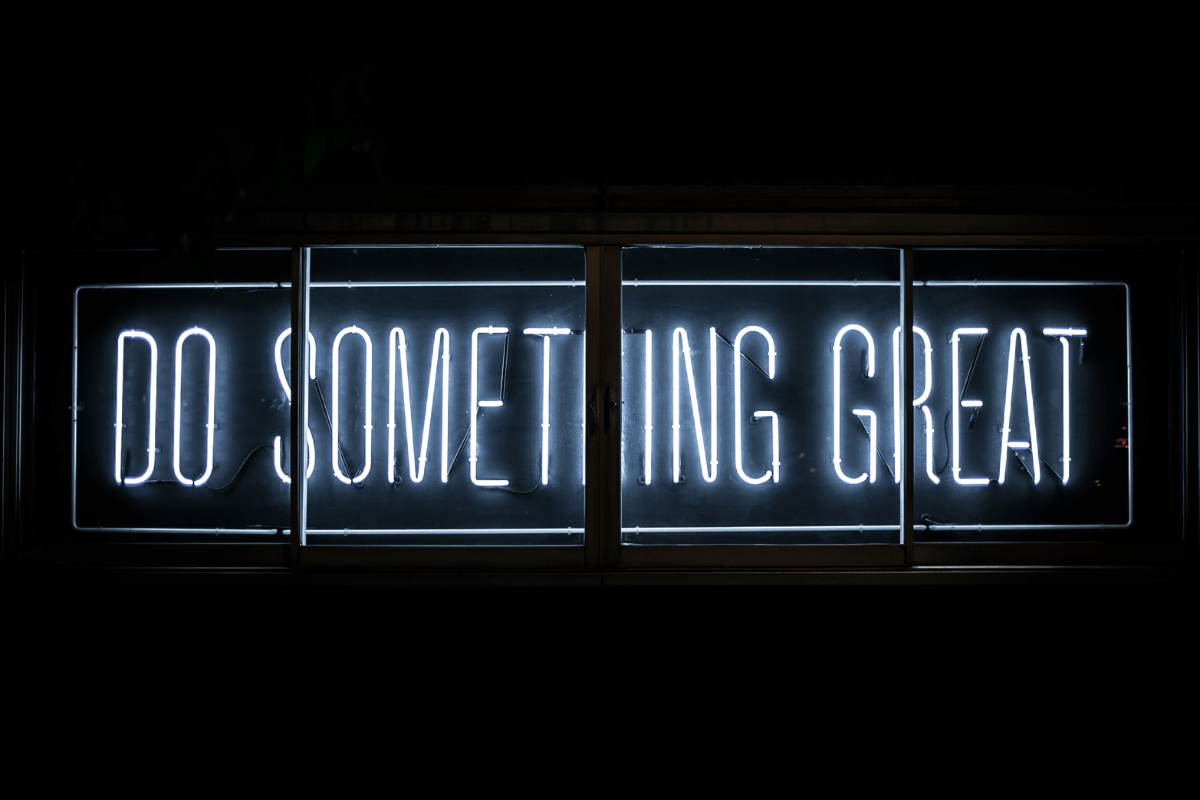They land in your mailbox, but where do books come from? There’s no longer a secret who the big birds are in the book industry, but in most big cities, like London, you can still feed your addiction for books without reaching for the online basket of the ginormous providers. With a bit of imagination and a short stroll in our neighborhood, we can all be part of the revival of free books, second hand treasures, and alternative options encouraging the independent, the local and the ethical.
The list below is for those who desperately want to take a break from the fast-home-delivered, while exercising the pleasure of finding books they were not looking for, browsing (in real life!) through the shelves of unusual bookstores, attaching books-spotting to those pleasant Sunday walks, and other such free of charge but priceless undertakings.
1. Public Libraries
When we think free books, these are the first two words that come to mind. Cities like London (still) enjoy the presence of public libraries in all its boroughs. Packed with books covering a wide variety of topics, they can satisfy many tastes, even though they don’t always have the space and the resources to acquire more in-depth specialist titles. But do visit the nearest library in your neighbourhood as often as possible, as if their life depends on your visit. Because it does. Interact with the librarians, suggest titles, enjoy the quiet and browse the collections. Remember that you (still) have free access to the libraries in your local area. Rejoice!
Find the nearest library: Directory of libraries in London.
Beautiful public libraries: Time Out London put together a rather handsome collection.
2. University Libraries
Not everyone has access to them, but most universities open their doors to former students; and most of them have special programs for local communities too. If you need access to specialist books hard to find in your local library or too expensive to buy, chances are a university’s well-stocked collection will satisfy this need.
Take a closer look: For instance, at Goldsmiths, University of London, community users from the local area can access the library, and most people can get day or long-term reference passes.
3. Museum Libraries
With hundreds of museums and cultural centers, (most) free, unpretentious and friendly, it’s good to know that quite a few come with their own libraries in attach. Their collections normally comprise books related to the main topics explored in the museum. Art centers like The Barbican covers dance, film, music, theatre and visual arts.
Don’t forget: If you live in London you’re a few stops away from the The British Library, you lucky! There is a membership fee, but if you need a massive library on a regular basis, it might be worth the £80 pounds/year. Find out more.
4. The Micro-Libraries
It has nothing to do with new technologies, micro chips, or Matrix-like learning devices, these are mini pop-up libraries initiated by locals in their own neighborhood. Locals leave books they no longer need in the booth/box, while taking a new one. The swap is not compulsory. If you live in SE London, you’ve probably heard of Lewisham’s Micro-Library crammed into an old iconic phone booth. This unconventional much-appreciated free book exchange has become an urban phenomenon, spreading through neighbourhoods all over the country. I recently saw an even smaller version inside Stratford station. Due to the impressive flow of people spilling in and out of that station, the collection changes on a daily basis. Better hurry.
The exact address for the Lewisham little library: Loampit Hill / Tyrwhitt Road, London, SE4 1UT, UK.
5. Independent Specialist Bookshops
If all borrowing and swapping services fail to satisfy your need for a particular book, or you simply want to gift one, then you should find a bookshop in real life that also shares some of your ethical principles. Take Persephone Books for instance. This bookshop and publisher reprints neglected fiction and non-fiction by mid-twentieth century (mostly women) writers. Dozens other such independent hubs that cater for the local and the niche are worth your time and the occasional monetary investment in the written word.
Have a closer look: An independent, radical co-op controlled by its volunteers, Freedom runs Britain’s oldest anarchist press and its largest bookshop.
6. Floating Bookshops
Like Word On The Water – The London Bookbarge: the floating second-hand bookshop on Camden’s canals, selling books donated by the public and by charity bookshops. The bookshop is so… independent that once every couple of weeks changes course and stops at other moorings in east and north London. They have a Facebook page where you can get updates on current location and well, books.
You don’t have to buy all your books in here, mainly because they can’t compete with the well-known massive warehouses on the market. But if everyone would buy from these small businesses once in a while at least, they would encourage a vibrant local neighbourhood, and those much-needed breaks in the daily walks of the community.
Find them here: York Way, Granary Square (3.14 km), N1C 4LW London, UK.
Opening hours: Seven days a week, 12-7pm.
7. Alternative Book Fairs
Independent bookshops and publishing houses are joining these fairs, making these public gatherings a great opportunity to update on new titles, collections, and chat face to face with the people editing, printing and distributing your beloved books.
London Radical Bookfair is such a popular free bookfair organized by the Alliance of Radical Booksellers. There’s no edition this year, but get ready for the 2020 one and its radical lineup of booksellers, publishers, artists and activists of all stripes.
Don’t miss: The Small Publishers’ Fair is an annual celebration of books by contemporary artists, poets, writers and book designers. It is held in Conway Hall in London’s Bloomsbury on the second weekend in November.
8. Charity Shops
Londoners are lucky (again!) because there are hundreds of charity shops in their big city. If you’re already making weekly visits to the ones in your neighbourhood, we’d love to hear recommendation. When it comes to books, prices are roughly the same across charity shops, but a new edition or in-demand book might have an extra £ added to the usual price. Most books cost between £0,50 and £5. Some shops arrange the books alphabetically, others by genre, so chances are you won’t be totally lost in front of the shelves.
Find out more: There are directories comprising all shops belonging to a certain charity, like this Oxfam Shop Finder; or larger ones that list most charities in UK, like this one from Charity Retail Association.
£1 Book Sale: Charities like Amnesty organize a few times a year book sales where they sell their surplus books from their many charity shops for £1 only. Go early in the day, as the most sought-after writers and titles go first. Next sale? The spring one.
Expect queuing, but grab a book or a friend and join the big browse. Yes, students are their number one client. I wonder why.
9. Book Markets
One of the most famous in London is the one tucked under Waterloo Bridge, known as The Southbank Centre Book Market. From second-hand books to new titles, maps and prints, this is a well-stocked market in a quirky location encouraging you to browse for longer than planned, among confused tourists.
When to browse: The books are there every day until around 7 in the evening. The market is under a bridge, so unpredictable weather won’t be an issue.
Reconnect to books! The old way. And please share with us your favourite indie bookshops, charities, fairs, the local, the ethical, the independent. We’d love to hear from you. Thank you!
~~~~~
Don’t forget that you can start conversations on topics close to your interests on the ethical forum.
Featured image by Ed Robertson on Unsplash



Leave a Reply